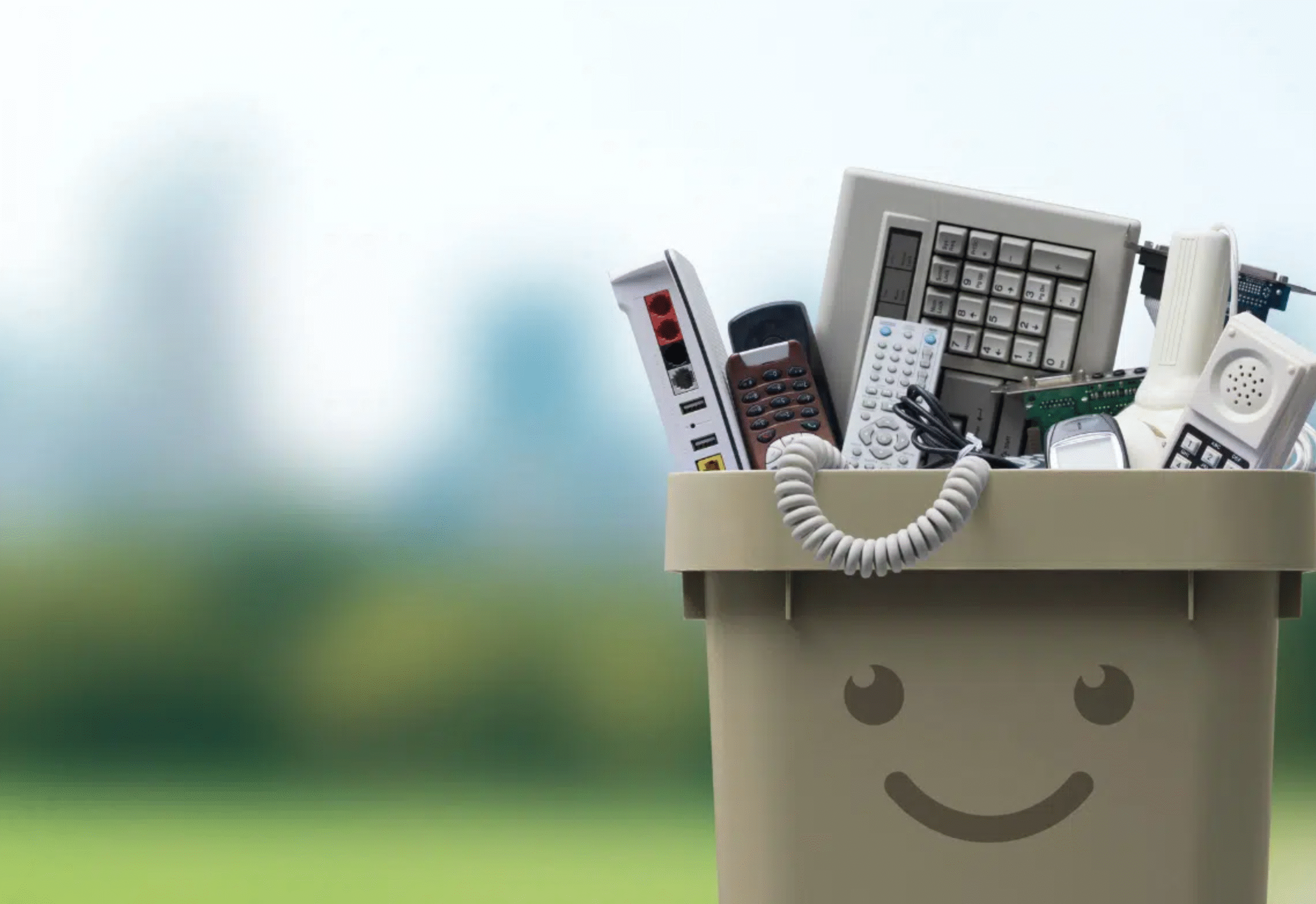Electronic waste (e-waste) proliferation has presented challenges for all stakeholders: governments, recyclers, and businesses. These discarded electronics present an environmental hazard if they are mishandled. The R2 Certification has become one of the most recognised standards for organisations involved in electronic recycling worldwide. The Certification assures that R2 facilities adopt responsible practices in data security. It helps the organisations offer worker safety and environmental protection, and such certification is paramount for recyclers, refurbishers, and IT asset disposition (ITAD) providers.
What is R2 Certification?
R2 Certification (Responsible Recycling) is an international standard created by Sustainable Electronics Recycling International (SERI). It ensures that companies handling used electronics follow strict processes for:
- Data sanitisation and destruction of electronic devices
- Reuse before recycling to extend product lifecycles.
- Safe handling of hazardous materials like lead or mercury
- Worker health and safety protocols
- Transparent downstream management of all recycled materials
In short it is a guarantee that electronic waste is managed ethically, securely, and sustainably.
Why R2 Certification Matters for Businesses
Businesses and recyclers pursuing this certification gain significant advantages:
1. Data Security Protection
Every outdated hard drive or smartphone carries sensitive information. Certified recyclers must follow strict data wiping or destruction processes, reducing the risk of costly data breaches.
2. Compliance with Global Standards
Many governments and multinational corporations now require the certification when choosing recycling partners. Without it, recyclers risk losing major contracts.
3. Stronger ESG and Sustainability Credentials
Investors and customers expect companies to demonstrate responsible practices. R2 Certification directly supports ESG goals by ensuring responsible e-waste management.
4. Competitive Advantage in the Recycling Industry
Certification sets recyclers apart from uncertified competitors. It builds client trust and creates opportunities in international markets.
5. Worker Health and Environmental Protection
By following R2 guidelines, companies reduce exposure to harmful substances and minimise environmental impact.
Who Needs R2 Certification?
It is an essential certification for everyone in the industry, whether you are a start-up or a large enterprise:
- Electronics recyclers and refurbishers
- IT Asset Disposition (ITAD) providers
- Data centres and IT service providers are retiring old hardware.
- Government agencies managing large e-waste volumes
- Electronics manufacturers or retailers with take-back programs
For businesses outsourcing their e-waste, choosing an R2-certified recycler ensures compliance, data security, and sustainability.
The R2 Certification Process
Earning certification involves several steps:
- Gap Analysis – Review existing recycling processes against R2 requirements.
- System Implementation – Develop policies and procedures for data security, reuse, and environmental compliance.
- Employee Training – Educate staff on safe handling and compliance practices.
- Third-Party Audit – An accredited auditor verifies compliance with R2 standards.
- Ongoing Surveillance – Regular audits maintain certification and ensure continuous improvement.
Benefits of Choosing an R2-Certified Partner
If your business relies on recycling services, working with a certified partner gives peace of mind. You know that:
- All data is destroyed or sanitised using verified methods
- Materials are recycled responsibly, without ending up in unsafe dumps.
- Workers are protected through strict safety measures.
- Your organisation meets global compliance requirements.
This not only lowers legal and financial risks but also strengthens your company’s sustainability reputation.
The Future of Electronics Recycling
As e-waste continues to grow globally, R2 Certification in the Philippines is becoming the industry benchmark. Governments, corporations, and consumers expect transparency, and uncertified recyclers may struggle to compete. Whether you are a recycler seeking certification or a business selecting a responsible partner, it provides the trust and assurance needed in today’s digital economy.
Final Thoughts
E-waste management is no longer just a compliance requirement—it’s a business responsibility. R2 Certification helps recyclers, ITAD providers, and enterprises prove that their processes are secure, safe, and environmentally responsible.
Whether you’re aiming to get certified or searching for a trustworthy recycling partner, the certification ensures accountability at every stage of the electronics lifecycle.
By aligning with this global standard, businesses not only reduce risks but also build a stronger, sustainable future.
FAQs
- What does R2 Certification mean?
R2 Certification is an international standard for responsible electronics recycling. It verifies that companies manage e-waste safely, securely, and sustainably. - How long does it take to get R2 Certification?
The process can take anywhere from 6 to 12 months, depending on an organisation’s readiness, compliance gaps, and audit results. - Is R2 Certification mandatory?
It is not legally mandatory, but many corporations, government agencies, and ITAD clients require recyclers to be R2 certified before awarding contracts. - How much does R2 Certification cost?
Costs vary depending on company size, complexity, and auditor fees. Expenses typically include consulting, system implementation, employee training, and audit charges. - Who issues this certification?
R2 Certification is issued by accredited third-party certification bodies after a successful audit, under the oversight of Sustainable Electronics Recycling International (SERI).




